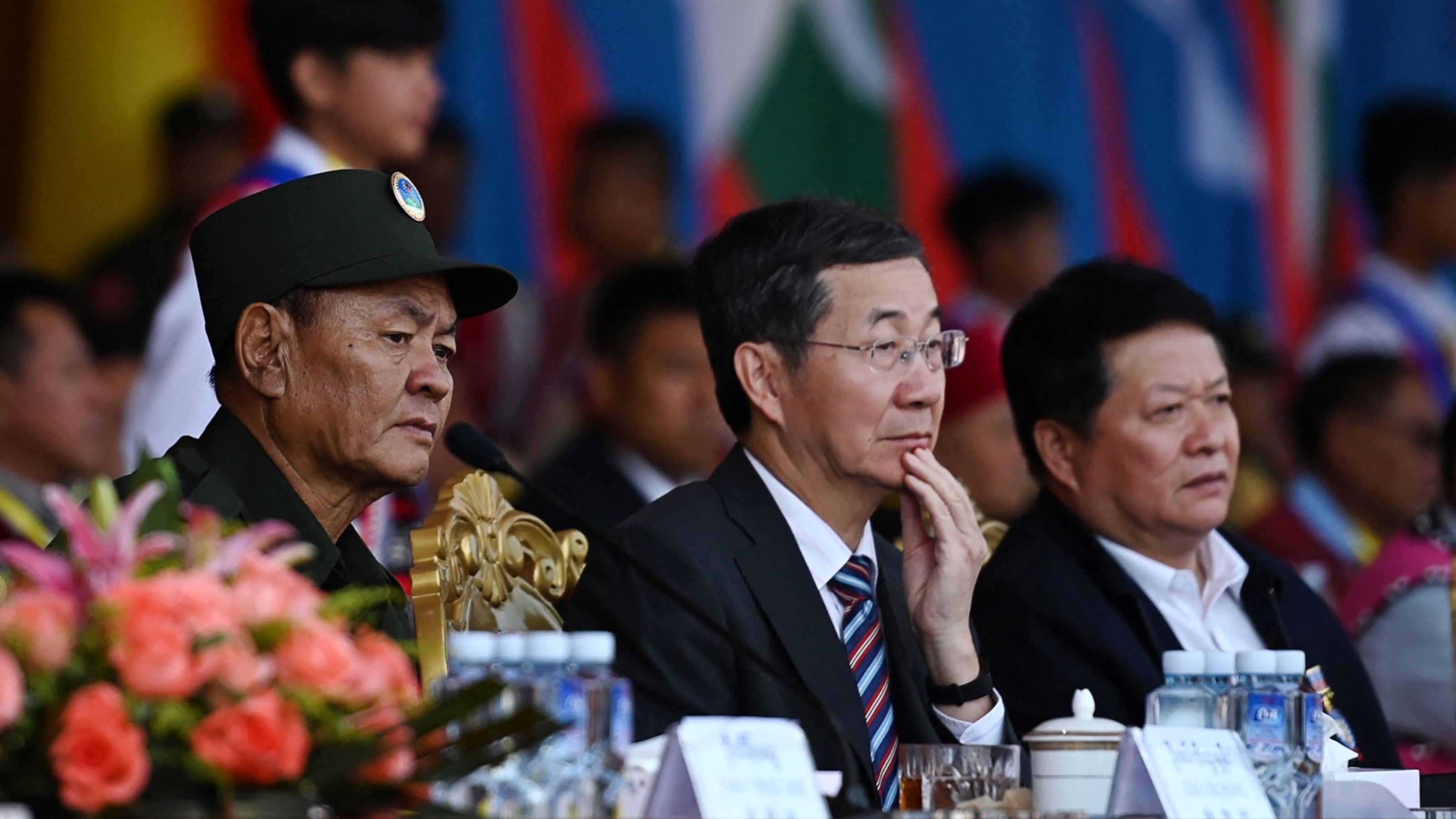CNI News
20 November 2025
Ethnic armed organizations in northern Shan State may resume military operations depending on the agreements and relations between China and the Myanmar military (Tatmadaw), according to military and political analysts who spoke to CNI News.
Sai Htay Aung, Chair of the Tai Leng (Shanni) Nationalities Development Party (TNDP), told CNI News that if the central government can persuade armed groups to align with it, China’s stance on Myanmar may shift, reducing the likelihood of renewed armed conflict.
He said:“It depends heavily on agreements and relations between the central government and China. At the 10th anniversary of the NCA, Deng Xijun himself said Myanmar’s peace process is important, and peace is essential for the elections. If China says it will support this process, then their policy at the moment is unlikely to change. During such a time, the Myanmar government—particularly the central government—needs to bring the armed groups onto its side.If they all become our people, then no matter how China changes its policy, we will continue following Myanmar’s own policies.”

Leaders of the three Northern Alliance groups
So far, China has not changed its position toward Myanmar’s central government, and has been pressuring armed groups to agree to ceasefires and return territories to the military.
China has also restricted the UWSA from supplying arms, ammunition, and assistance to other armed groups, in support of peace and the reopening of border trade routes and development corridors.
Political analyst Dr. Aung Myo told CNI News that because China has enormous economic interests in Myanmar, any collapse of the central government would hurt China first.
Therefore, he said, China desires stable relations with a strong central government because it cannot afford disruptions to its economic corridors and market access.

UWSA leader with former Chinese special envoy Sun Guosheng.
Dr. Aung Myo explained: “China were completely unhappy with the current government, but it secretly supported the northern groups, those groups still don’t have the capacity to dominate the whole country.Many of Myanmar’s armed groups are not pro-China. Groups like the KNU and RCSS are not pro-China — they lean toward the American bloc. If the main centers of power collapse — the military or the state — China would suffer first. Its access to the sea would be blocked, its major markets would be disrupted, and its strategic projects would fail. That’s not something China can accept.So China strongly prefers to maintain relations with a strong, stable central government in Myanmar.”
Currently, with China’s mediation, the Myanmar military has secured ceasefire agreements with two of the Northern Alliance groups — the MNDAA and TNLA — and has regained control of certain territories.
Analysts say that along with these ceasefire deals, China is also helping ensure that elections can be held successfully in these areas.
However, if relations worsen between China and the Myanmar military, or if China shifts its policy, the TNLA and MNDAA may resume military operations, analysts warn.




